The Venera 13 Spacecraft Spent 127 Minutes on Venus and This is What it Discovered
In 1974, a Russian spacecraft was able to successfully land on Venus, and what it found was truly incredible.
Now, almost 50 years later, the world’s astrophysicists and astronauts are once again attempting to reach the wildly interesting planet in the hopes of better understanding our own planet Earth.
Why Is Venus so Interesting?
Venus is certainly one of the most interesting planets in our solar system; it’s the second planet from the sun and because the surface is so incredibly hot, very little is known about its atmosphere.
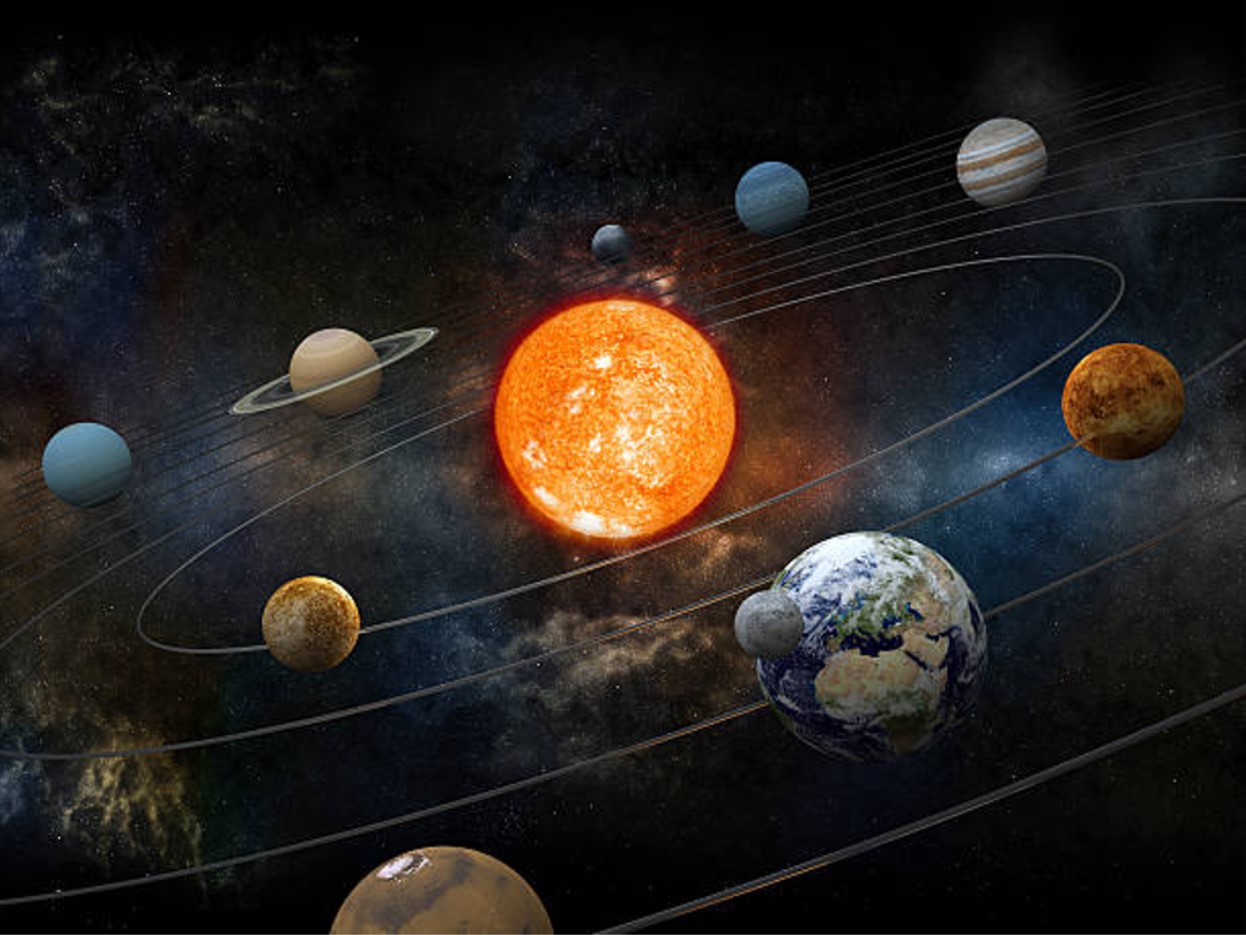
Source: iStock
However, because Venus is essentially the same size as Earth, astronomers have long wondered why the two planets are so vastly different.
What Do We Know About Venus?
For years, astronomers around the world have dedicated their careers to understanding exactly what’s happening on the planet Venus.
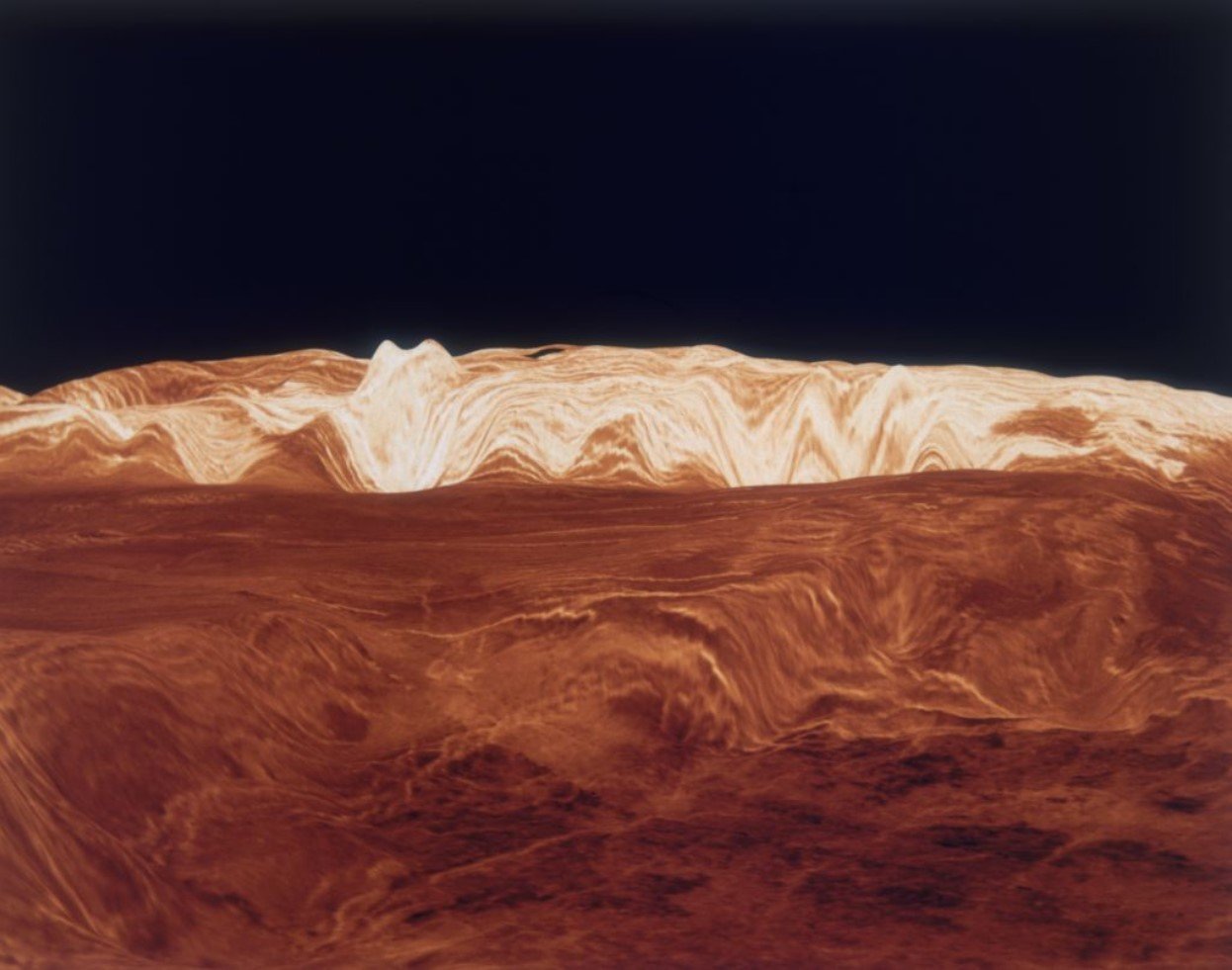
Source: Space Frontiers/Hulton Archive/Getty Images
They know that the surface temperature is around 864 degrees Fahrenheit, and that the barometric pressure on the planet’s surface is more than about 90 times the pressure on Earth.
Why Is Venus so Hot?
Venus is the second closest planet to the sun after Mercury; it sits only 67,237,910 miles from the blazing star at the center of our solar system.
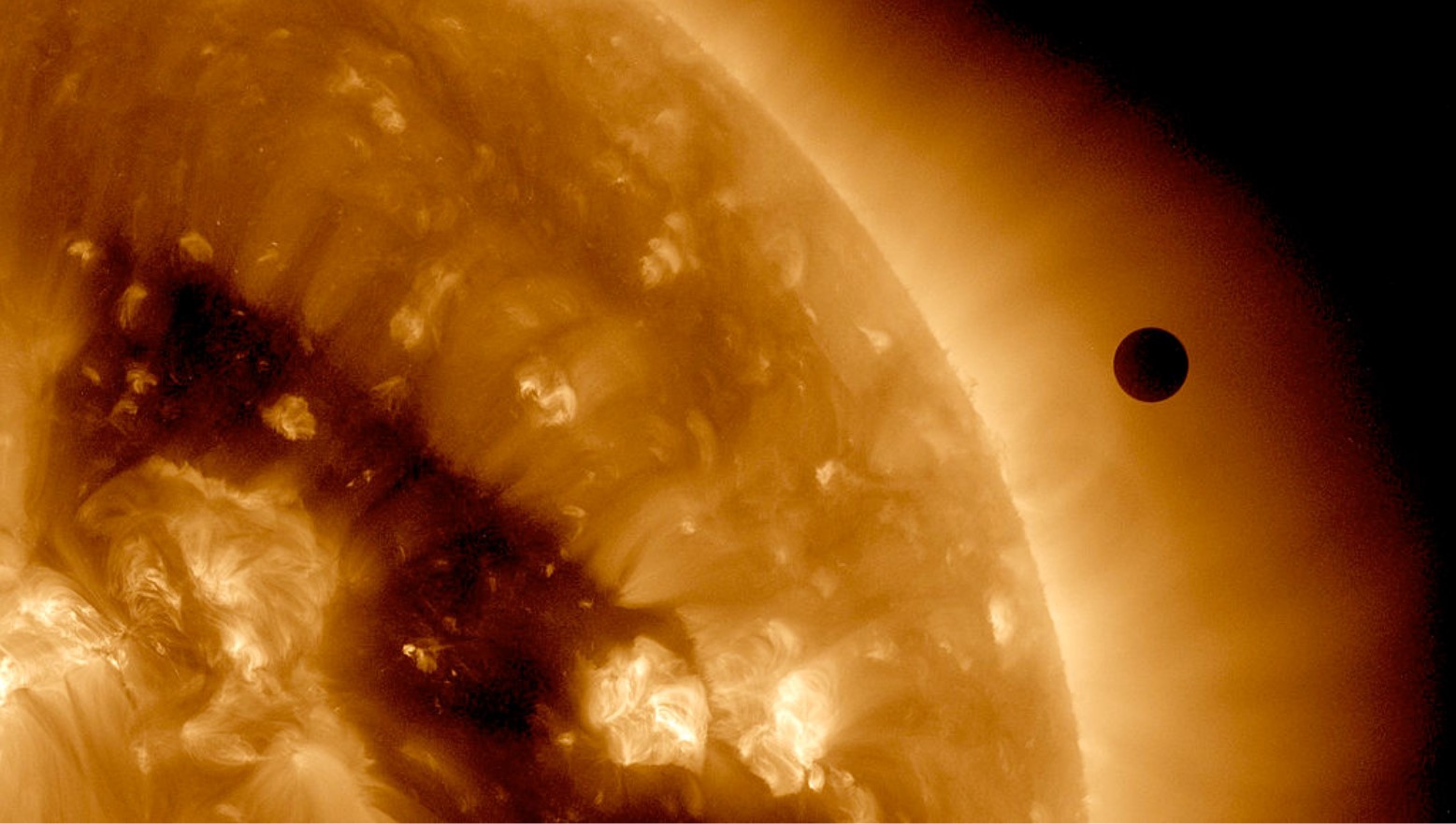
Source: SDO/NASA/Getty Images
While that may seem far away, in comparison, Earth is an amazing 93 million miles from the sun (that’s another 26 million miles.)
Astronomers Are Only Working With Information From the Venera 13 Spacecraft
Those who study Venus have very little tangible evidence to work with. In fact, only one spacecraft has ever braved the surface of this incredibly hot planet.
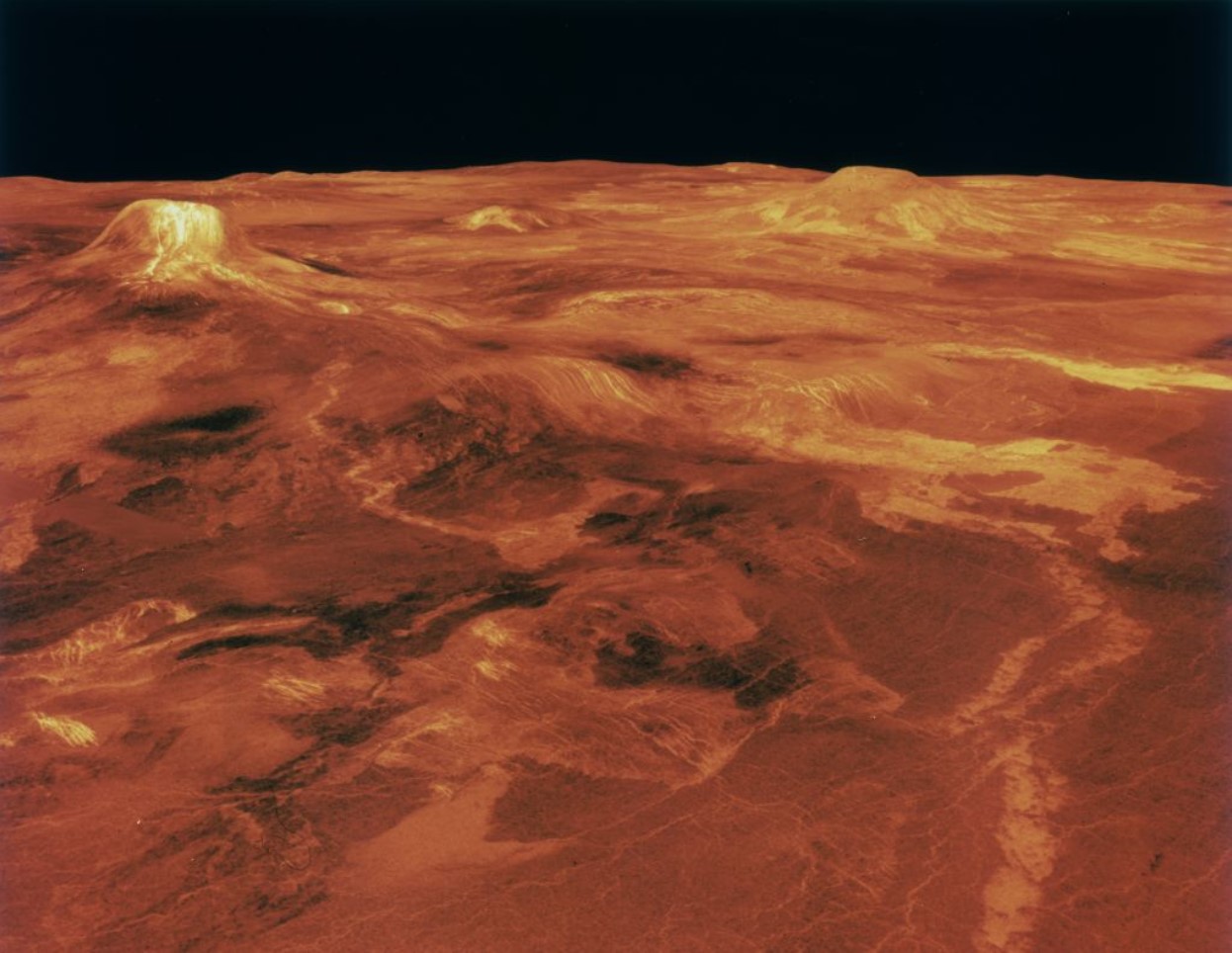
Source: Space Frontiers/Hulton Archive/Getty Images
The Soviet Venera 13 amazingly reached Venus in 1974 and survived on its surface for an entire 127 minutes.
The Venera 13
At the time, the Venera 13 was an absolutely incredible engineering feat. The landers sent on the same craft only lasted half as long, and after those two hours, the Venera 13 was essentially obliterated by the heat.
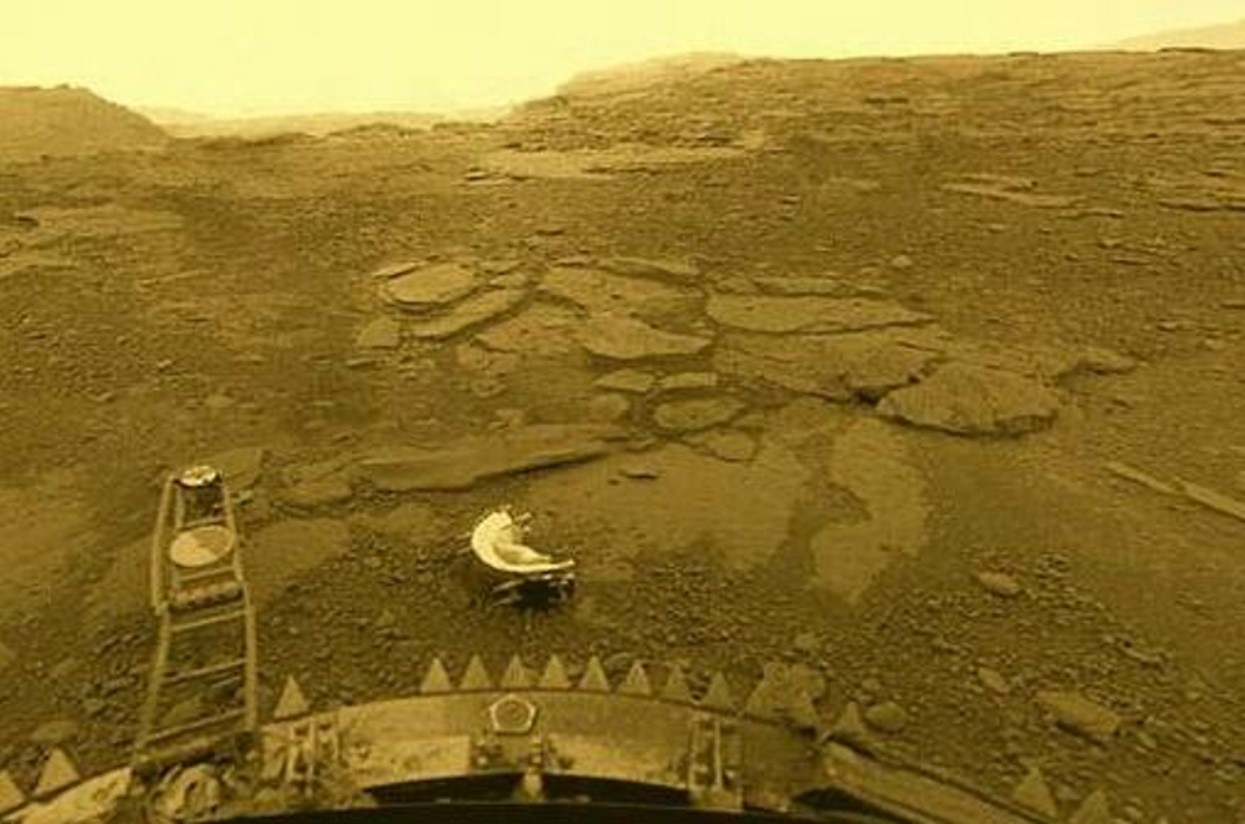
Source: Reddit
But luckily, it was able to send back a few photos and reports stating the temperature, pressure, and the fact that the atmosphere was full of carbon dioxide and sulfuric acid.
NASA Has Only Ever Orbited Venus
When the Soviets were landing on Venus, NASA was attempting to do the same but could never quite make it happen.
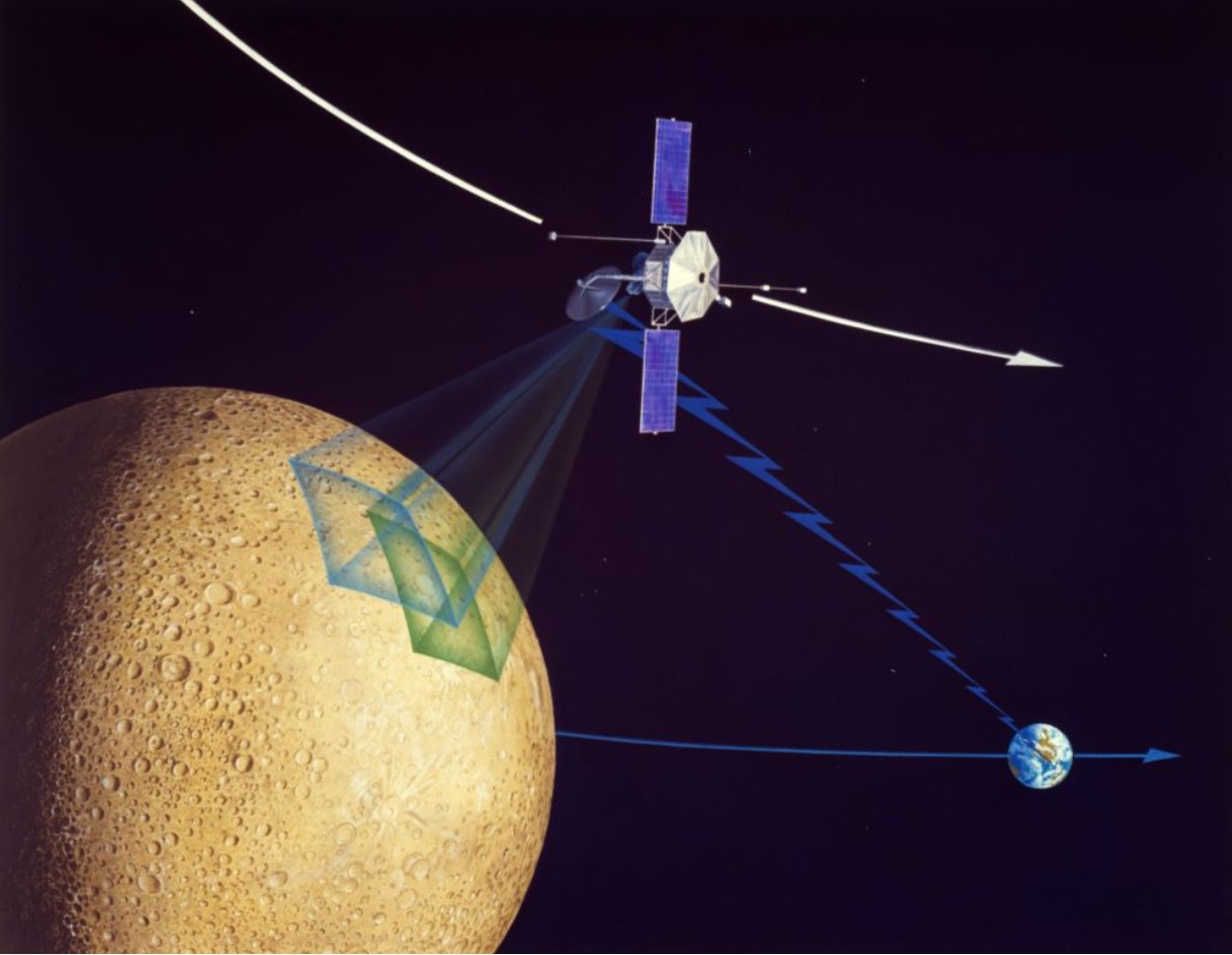
Source: MPI/Getty Images
In fact, the closest NASA has ever been to Venus was when the famous Mariner 10 orbited the planet and took photos of the Venusian atmosphere from afar which gave astronomers on Earth very little information.
Astronomers Are Excited to Finally Head Back to Venus
Of course, the data from the Venera 13 has since been shared with astronomers around the world and it has proved invaluable in attempting to understand the surface of Venus. But scientists want to know a whole lot more.
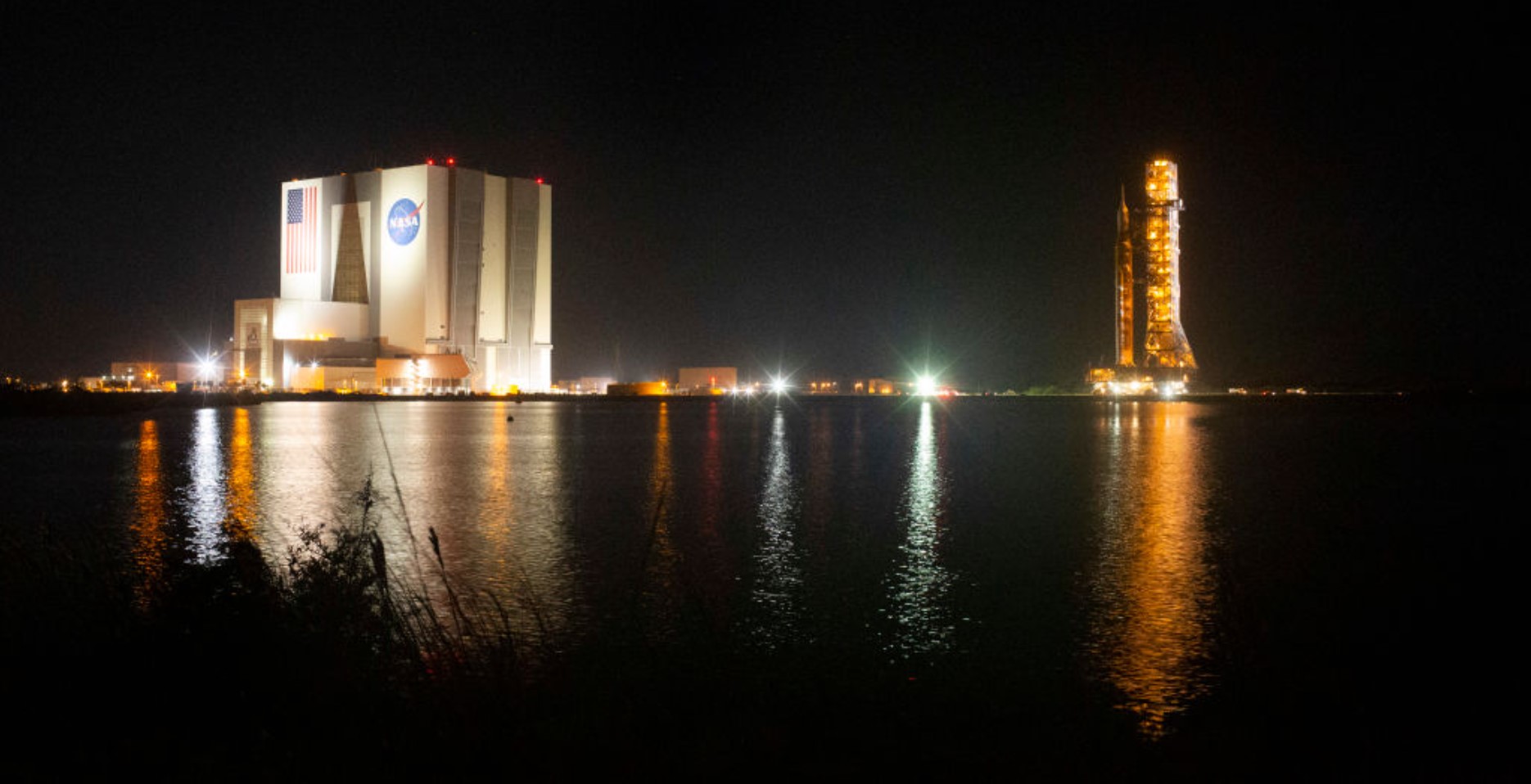
Source: Joel Kowsky
Luckily, NASA announced last year that it will be sending two missions to Venus by the end of this decade, and the European Space Agency is headed there too.
The Venus Flagship Mission
These missions are apparently only going to orbit the wildly hot planet. However, NASA has also proclaimed that it is planning a separate mission called the Venus Flagship in which a rover will attempt to land on the surface sometime in the 2030s.
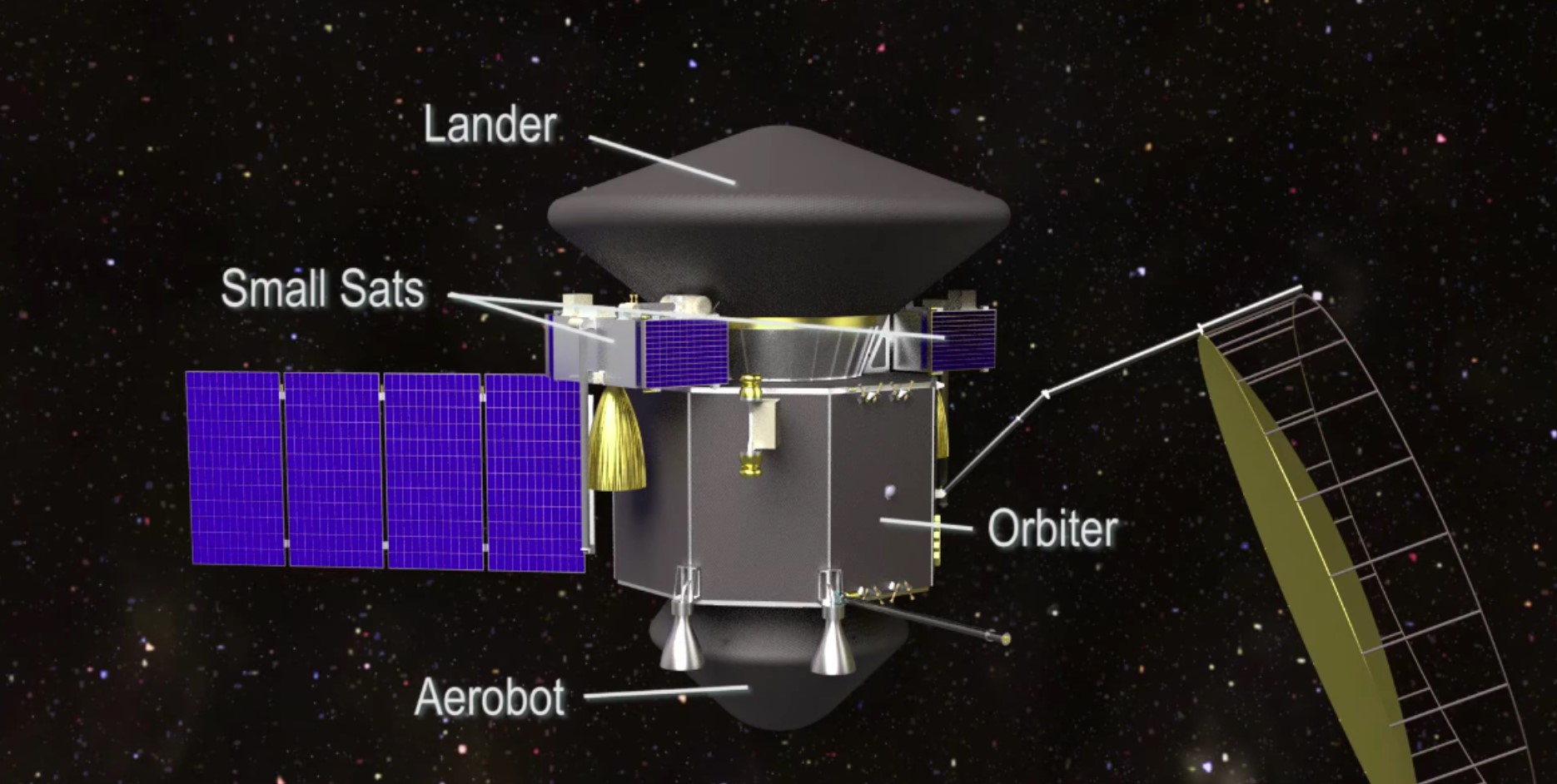
Source: YouTube
The Venus Flagship Mission is being called a “large strategic science mission” as it will include a two-craft lander, a big orbiter, an “aerobot,” and two mini satellites.
Will Humans Ever Walk on Venus?
Technology is advancing at an exponential rate, but while people and scientists around the world are discussing the possibility of landing and even living on Mars, it’s important to understand that it’s highly unlikely that people will ever walk on Venus.
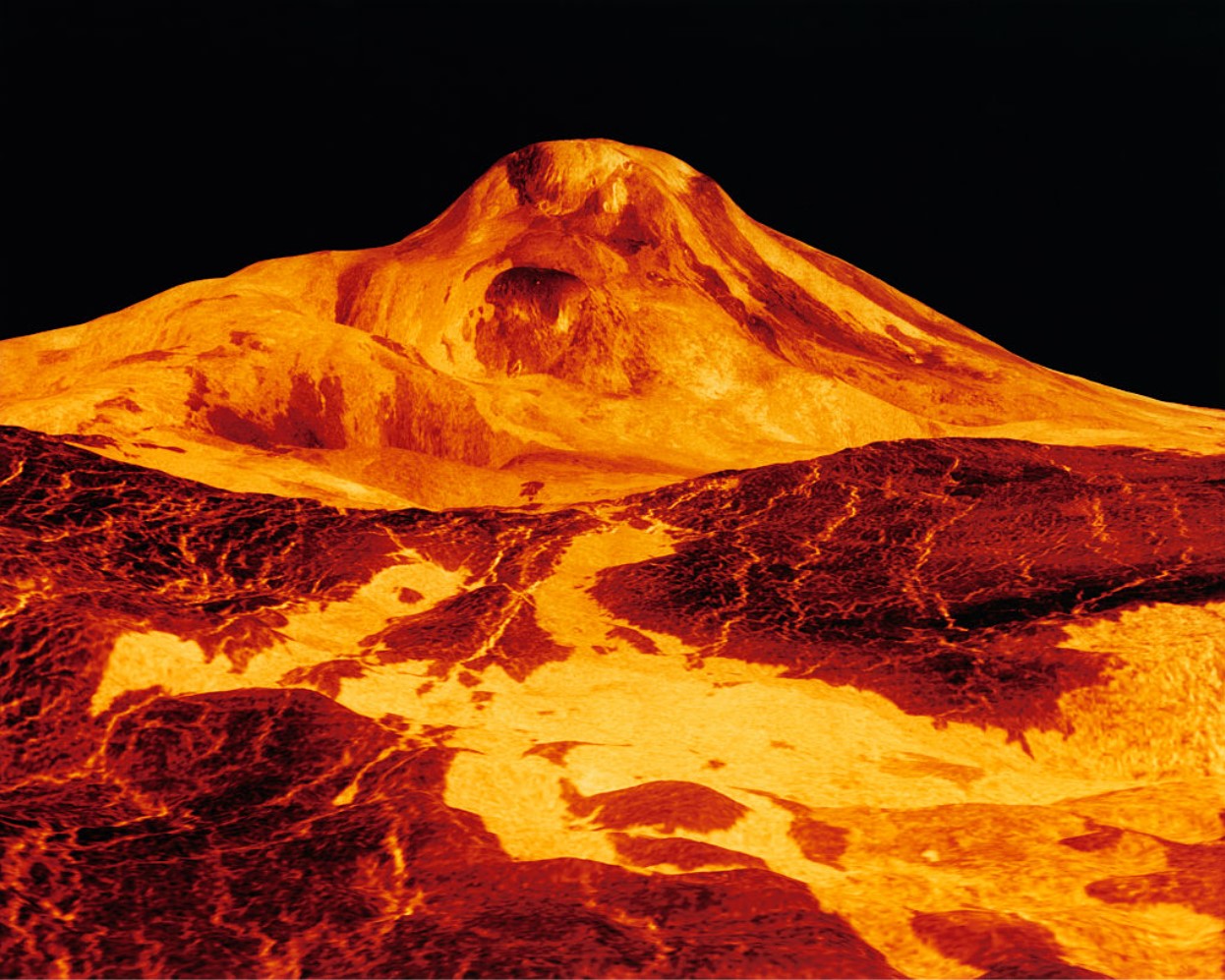
Source: Lee Corkran/Gygma/Getty Images
That means that the only information we will ever have from the planet is that which has been transmitted via rovers and landers. And even that is proving challenging as the surface will melt these machines faster than they can collect data.
Why Is it Significant to Understand Venus?
One of the main reasons why so many scientists have dedicated their lives to studying Venus is because they believe that it may have once looked much more similar to the planet we live on.

Source: Christopher Furlong/Getty Images
As Venus is the same size as Earth, some argue that the makeup of the planet could have changed over time to create the harsh environment we see now.
Planet Earth Could Become the Next “Venus” if We’re Not Careful
So although it would likely take an unbelievable amount of time, some scientists are arguing that Earth could end up exactly like Venus, with an unbearable carbon dioxide atmosphere, horrific surface pressure, and extreme heat if humans aren’t careful.

Source: Spencer Platt/Getty Images
There’s no doubt that climate change is happening here on Earth, and it’s still unclear as to whether humankind will be able to right their wrongs before it’s too late.
